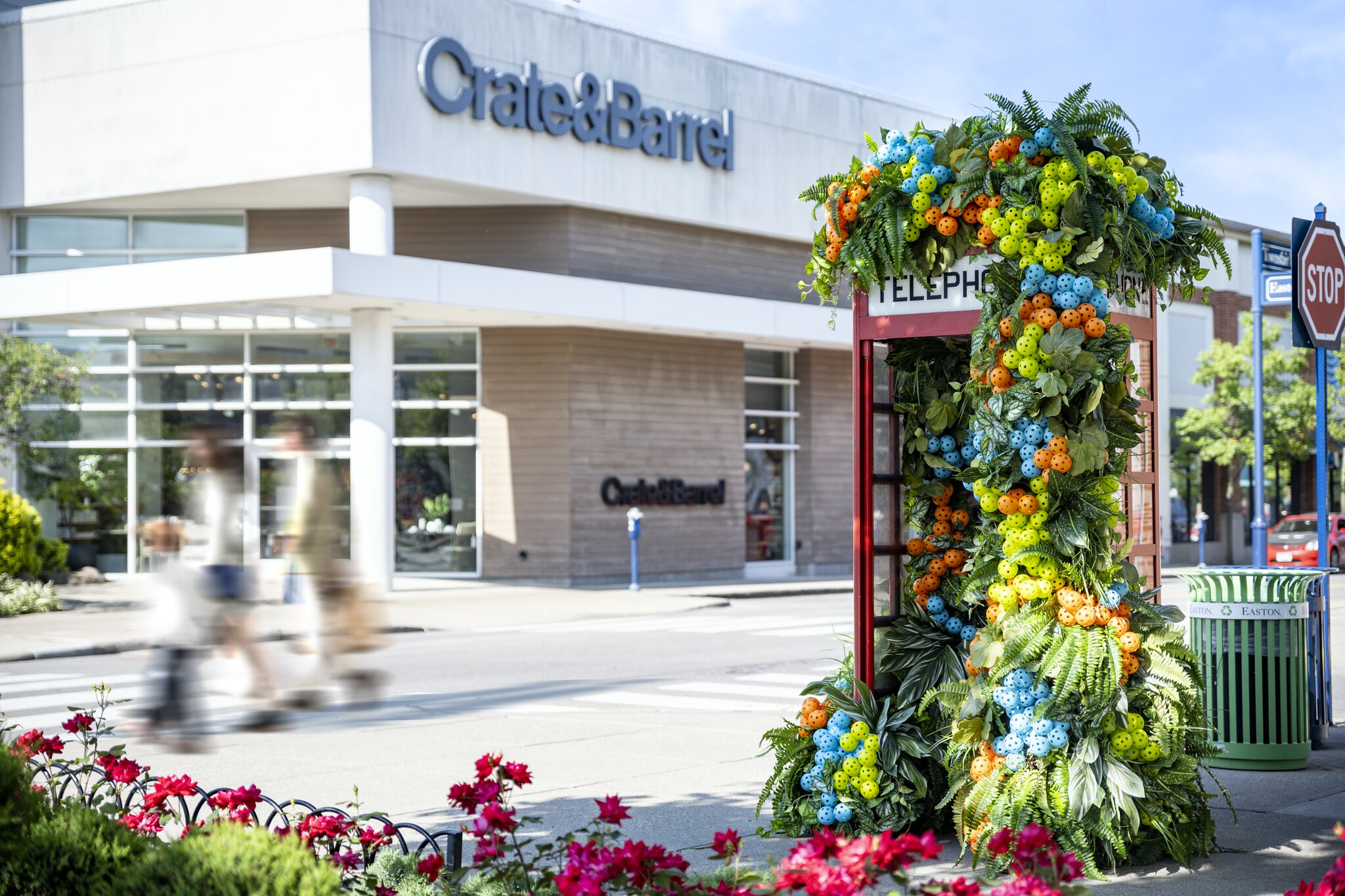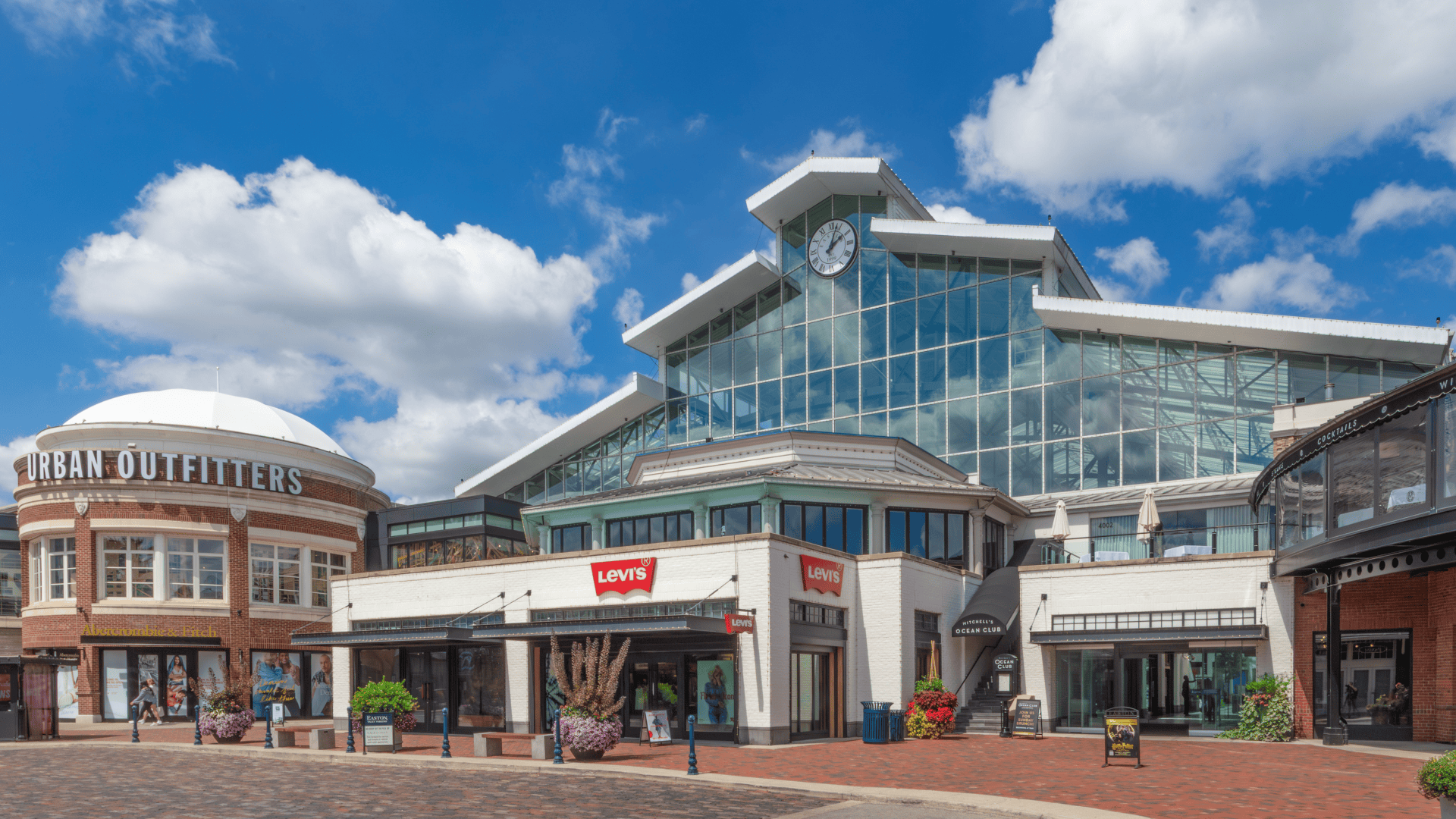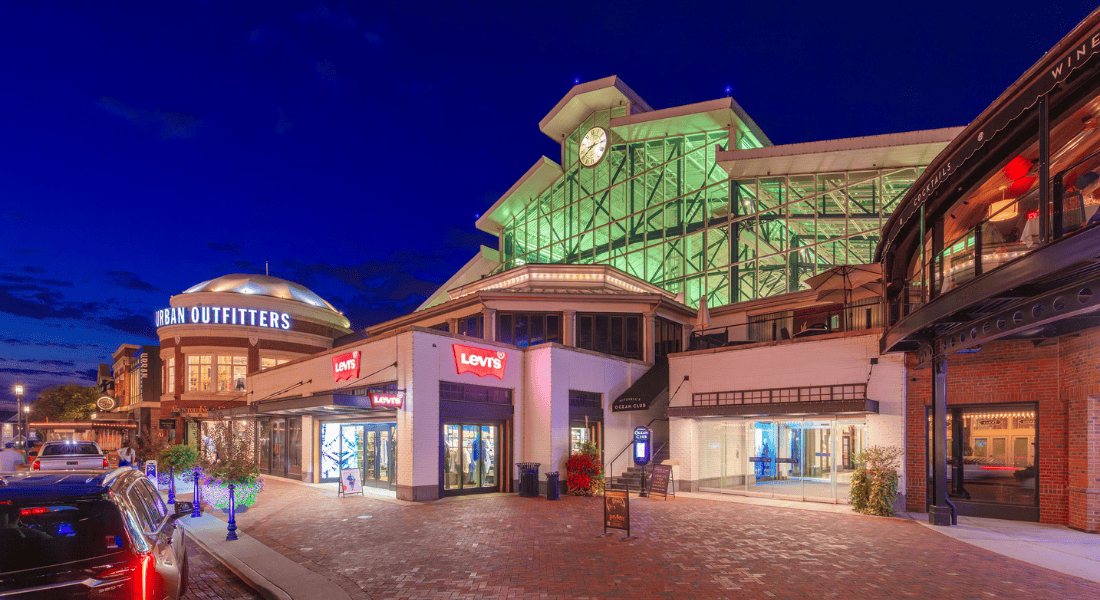Easton Environmental
Easton understands the importance of our responsibility to the environment and being a sustainable partner to our community. We embrace this responsibility, with the intent to utilize our property to preserve, protect, and improve our local environment.
We’ve taken steps to preserve and protect earth’s natural resources and services. We’re doing our part to steward a healthy, sustainable environment, benefitting our community and beyond.
We understand it is critical to protect our environment and work towards a more sustainable future. Here are some of the steps we’ve taken to ensure future generations live in a healthy, sustainable world.
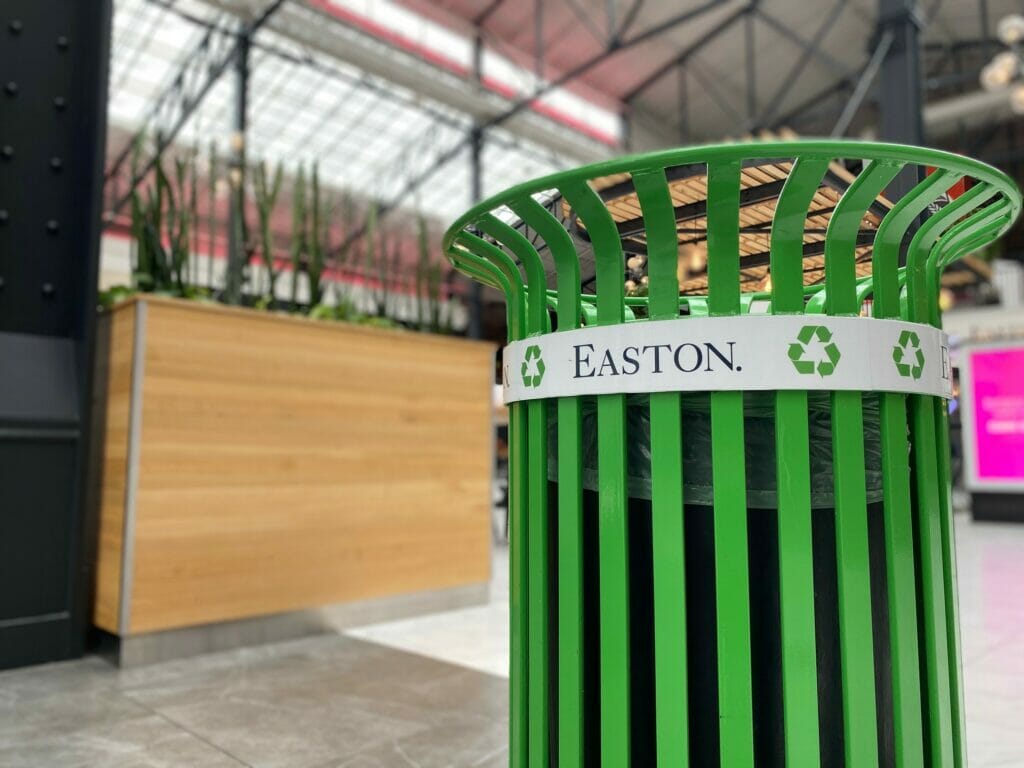
Reducing waste, recycling, and reusing or repurposing items are some of the most important, simplest ways to reduce negative impacts on the environment.
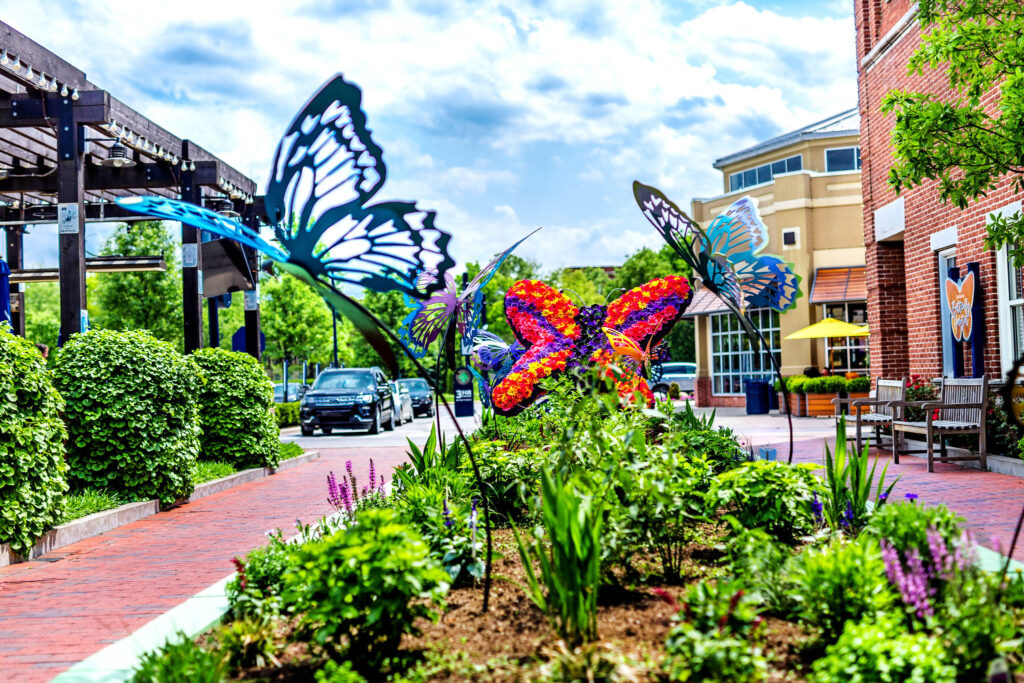
As roughly 70% of all flowering plants rely on pollinators to survive, Easton believes strongly in providing a habitat in which butterflies can pollinate and thrive.
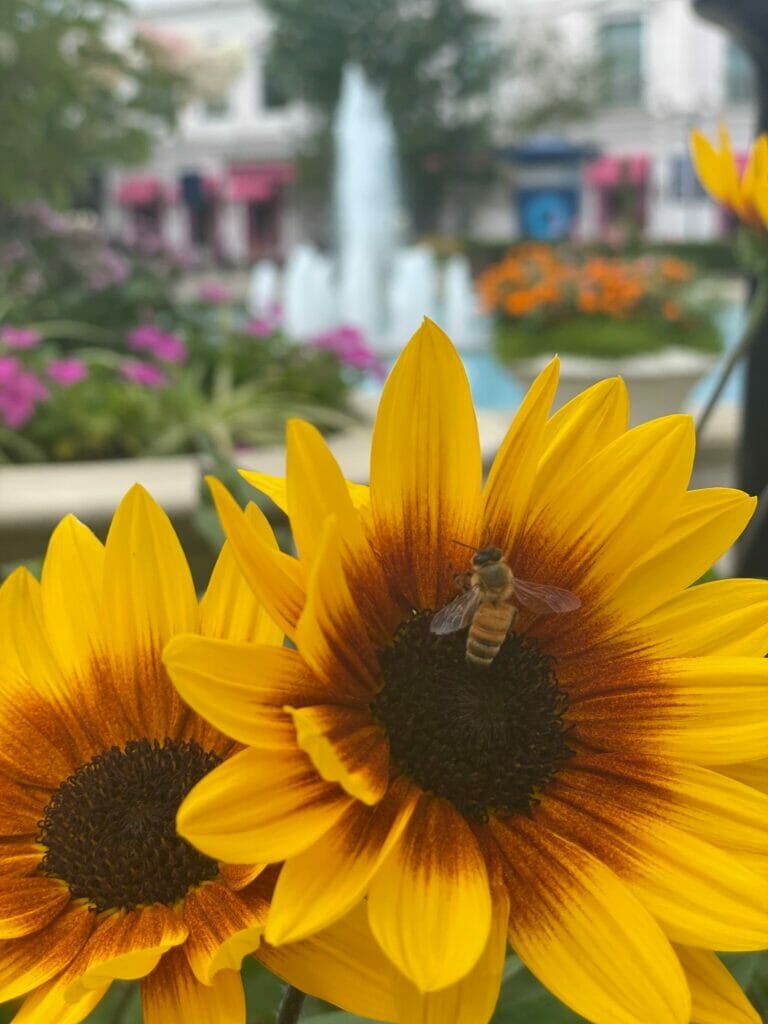
Pollinators like honey bees are imperative to the growth of most fruits, vegetables, and nuts. And as their populations decline, it’s important for us to take action to preserve and revive the species.
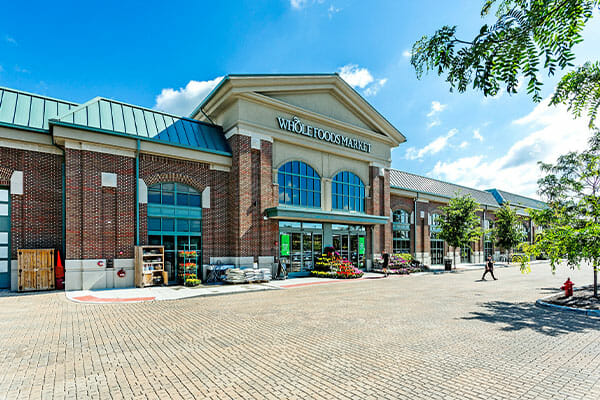
Water conservation is a challenging task as the world’s population continues to grow, so we are taking steps to aid stormwater management, reduce runoff, and decrease flooding risks.
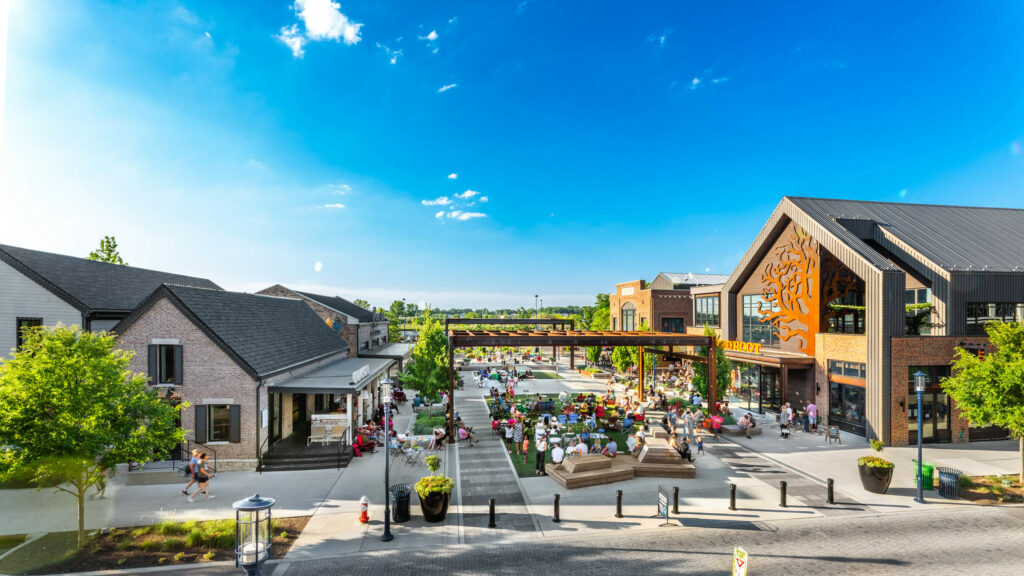
Conserving energy usage is one of the most impactful ways to prevent the wasteful use of energy to make sure it continues to be available.
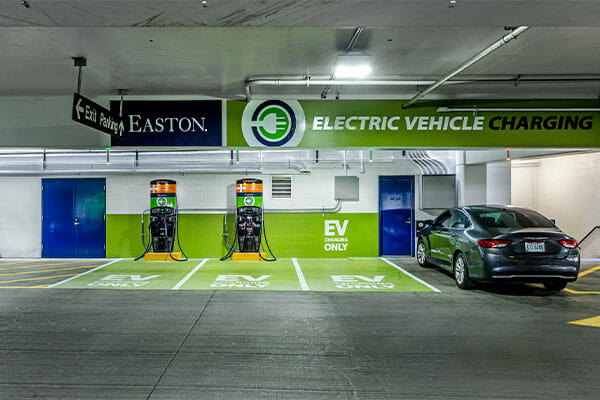
For more than a century, the burning of fossil fuels has taken a significant toll on humanity and the environment. We have reduced our fossil fuel emissions significantly by taking numerous actions.
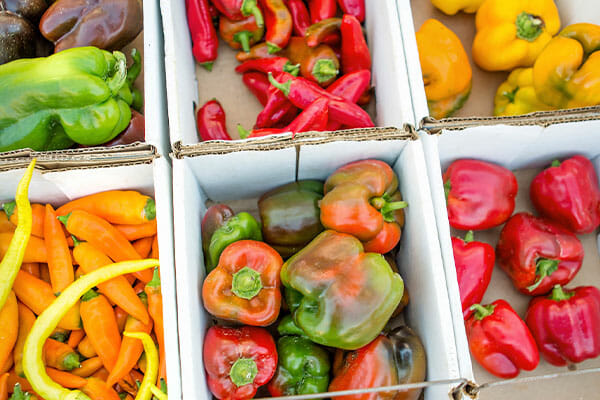
With restaurants and retailers producing thousands of pounds of food waste, we are working with the Central Ohio Food Waste Initiative to become a participant in the Central Ohio Food Waste Action Plan, with the goal of cutting food waste in half by 2030.
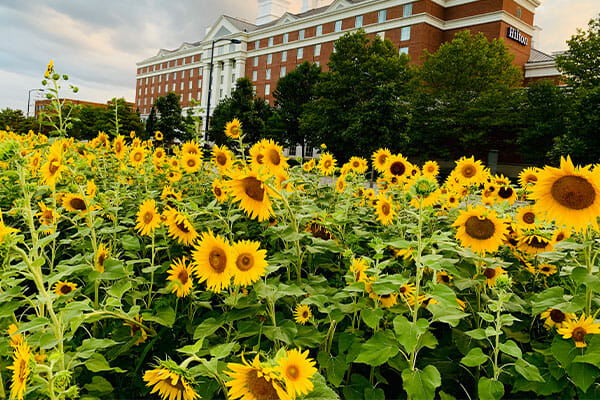
Pollinator-friendly areas are desperately needed in communities far and wide. At Easton, we’ve developed a Sunflower Patch to provide a sustainable habitat for pollinators.
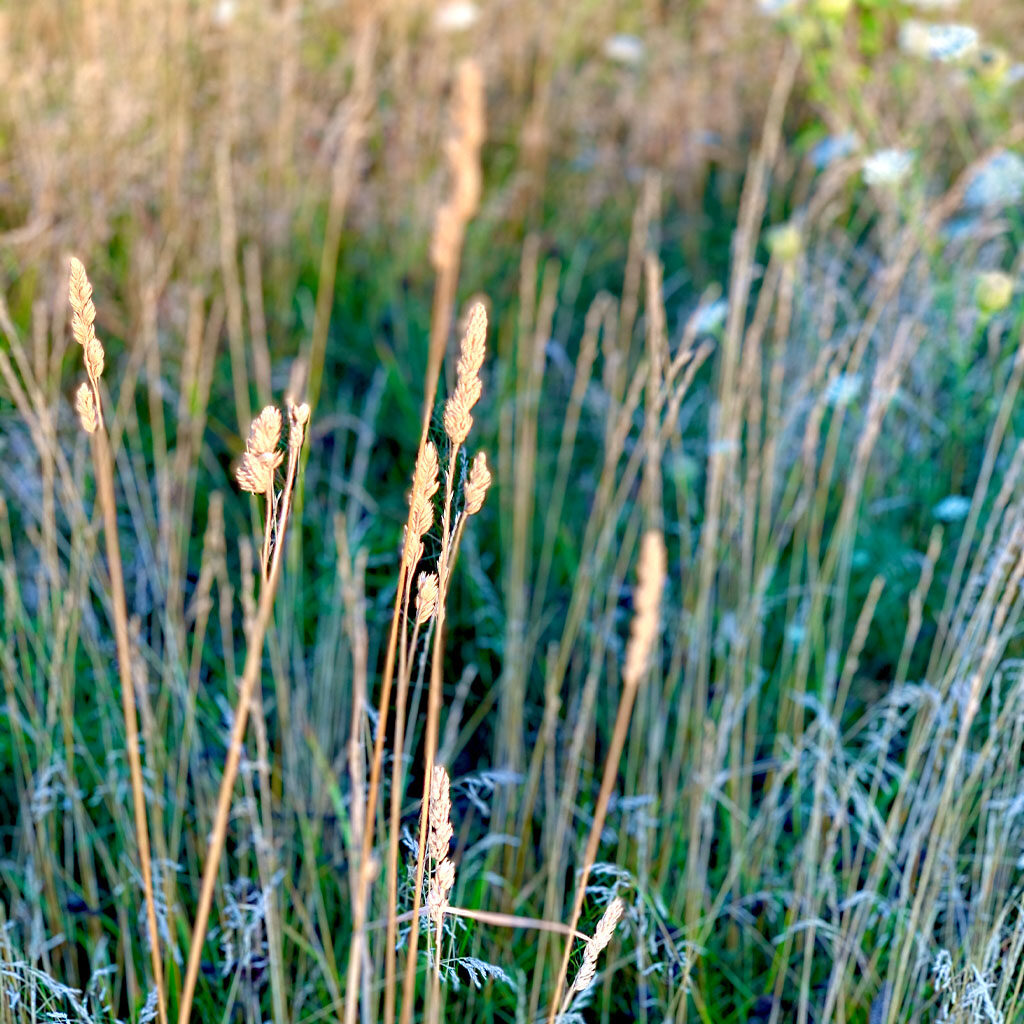
At Easton, we’ve developed low-mow and no-mow areas to create a natural environment for pollinators and wildlife.





